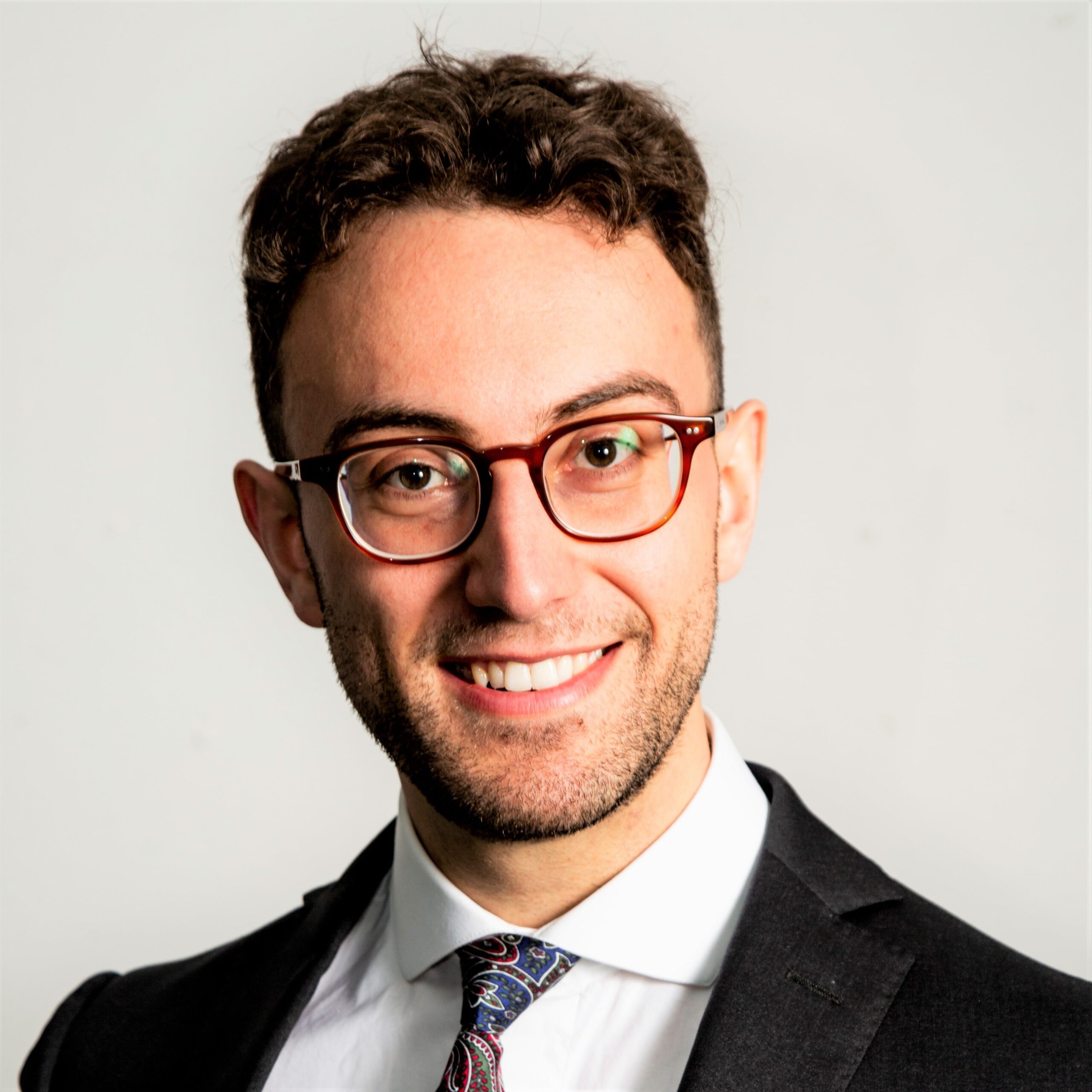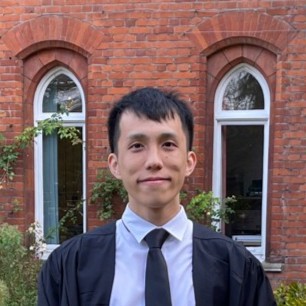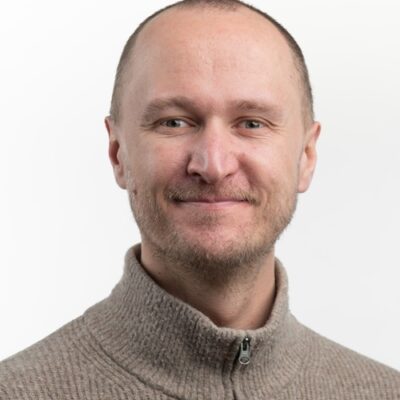Edoardo Altamura and Choy Boy (16.10.2025)
ScaDS.AI Dresden/Leipzig announces and welcomes you to join its public colloquium session on Thursday, October 16, 2025 at 10:30 AM CEST. The colloquium takes place at Strehlener Str. 14, room 745 in Dresden (details below) and parallel online (link to Zoom session).
Dr. Werner Dobrautz, associated member of ScaDS.AI Dresden / Leipzig and Research Team Leader of the “AI 4 Quantum” Research Group at the Center for Advanced Systems Understanding, invites:

Edoardo Altamura, PhD
- Research scientist and quantum software engineer at the Hartree Centre
Quantum machine learning for chemistry applications
Despite a large, impactful body of literature on quantum machine learning (QML), many applications and methods remain uncharted, opening up prospects to observe an advantage in domain areas like chemistry. As in classical ML, optimally representing the input data in terms of quantum operators is key for QML. This is especially true with near-term quantum devices, where dephasing and other errors can hinder the scaling of the accessible solution space and the precision of these solutions. In this talk, I will share one of our latest representation-learning approaches to encode molecular structure in a quantum circuit representation, and how this compares to alternatives. Through this example, I will then point out more general open problems in QML. Such as trainability, barren plateaus, kernel concentration, and arguments of classical simulability, which may help visualise what’s next in QML.
About Edoardo Altamura
Edoardo Altamura is as a research scientist and quantum software engineer at the Hartree Centre (a lab within a UK Government council), leading efforts to achieve a practical advantage for applications of emerging tech within the natural sciences. He collaborates with academic institutions like HZDR and the University of Cambridge, and industry partners like IBM, delivering cross-cutting projects that were awarded the 2025 IEEE Distinguished Partnership prize. Edoardo is active in research on molecular electronic structure with quantum selected-CI methods, maintaining Qiskit Community libraries, quantum ML, and interested in fundamental physics probed with quantum algorithms.
Choy Boy
- Doctoral candidate at the University of Cambridge
- Visiting Scientist at the Hartree Centre

Exploring energy landscapes for quantum algorithms
Several challenges continue to persist that attenuate the success of VQAs in harnessing their true potential in obtaining good solutions to the problems they seek to solve. The most commonly cited problem is the emergence of barren plateaus as the size of the quantum circuit increases. This is particularly exacerbated by poor ansatz design and stochastic noise associated with imperfect qubits. However, a second intertwining layer of complexity arises from the increased proliferation of stationary points with poor solutions from an increase in the number of ansatz layers for underparameterised quantum circuits, and this phenomenon is relatively underexplored.
In this talk, I seek to explain the work we have conducted that aims to broaden the repertoire of VQAs previously explored with energy landscape theory, namely hardware-efficient ansätze and the quantum approximate optimisation algorithm (QAOA). Two key areas of expansion include the use of chemically-inspired ansätze in the electronic structure problem, and the use of QML techniques in predicting chemical phenomena.
About Choy Boy
Choy Boy is a second-year PhD student under the research group of David Wales at the Yusuf Hamied Department of Chemistry of the University of Cambridge. This department mainly explores the energy landscapes of complex molecular phenomena such as protein folding, molecular clusters and more recently, quantum algorithms in chemistry applications. Currently, he is also a visiting scientist at STFC Hartree Centre.
Location
TUD Dresden University of Technology
ScaDS.AI Dresden/Leipzig
Bürogebäude Strehlener Straße, room 745
Strehlener Straße 12, 14
01069 Dresden



